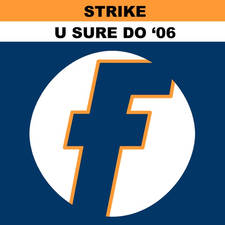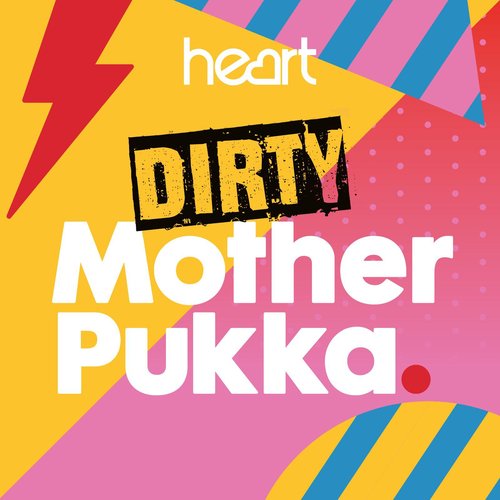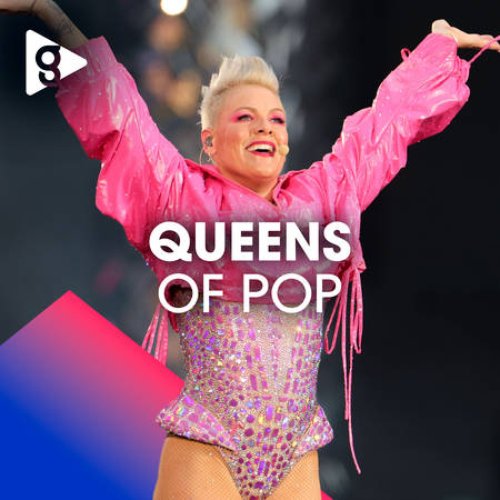Major supermarkets including Waitrose and Morrisons are banning glitter this Christmas
19 October 2020, 11:40
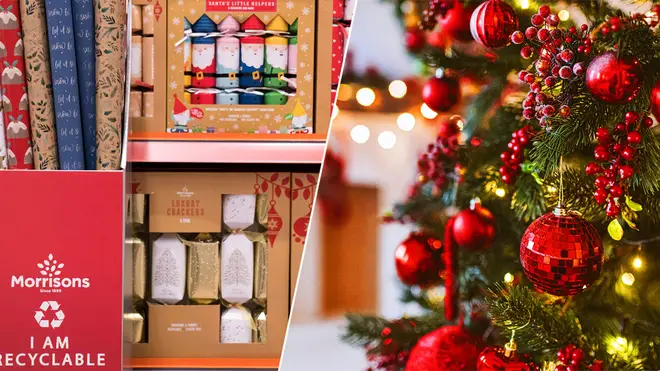
Morrisons, John Lewis and Waitrose have said they won't using glitter in their festive products this year.
It might only be October, but after a tough year, the festive season is well and truly upon us.
But it seems like Christmas is set to look a little different in 2020 as major retailers have vowed to ban glitter from their products in a bid to tackle plastic pollution.
Morrisons, Waitrose and John Lewis have all committed to getting rid of the decoration from their own-brand Christmas decorations such as cards, crackers and wrapping paper.
This is part of a nationwide push from retailers to help the environment, with wildlife experts warning that glitter can harm animals as it can take hundreds of years to biodegrade.
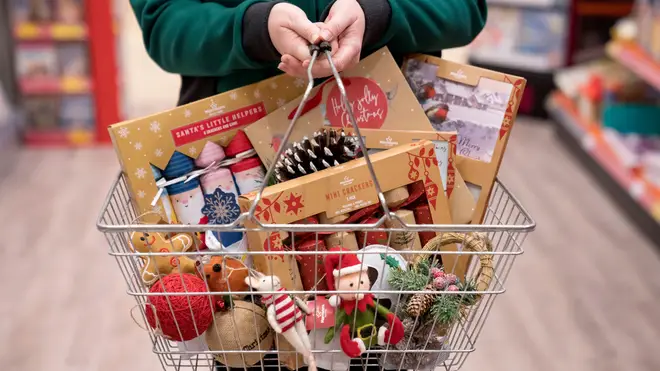
In a statement last week, Morrisons confirmed that its own brand cards, wrapping paper, present bags, flowers, plants and wreaths would be glitter free.
Read More: New supermarket rules explained as three-tier restrictions come into force
Bosses also confirmed they would only be selling paper, metal or wooden toys in its crackers, pledging to remove 50 tonnes of plastic from its branches.
Morrisons home director, Christine Bryce said: "Every time a cracker is pulled, or a card is opened, plastics have been used... but just the once.
"So, we've taken glitter and plastic out of our festive range this year - so that our customers can enjoy their festivities without worrying about the environmental impact."
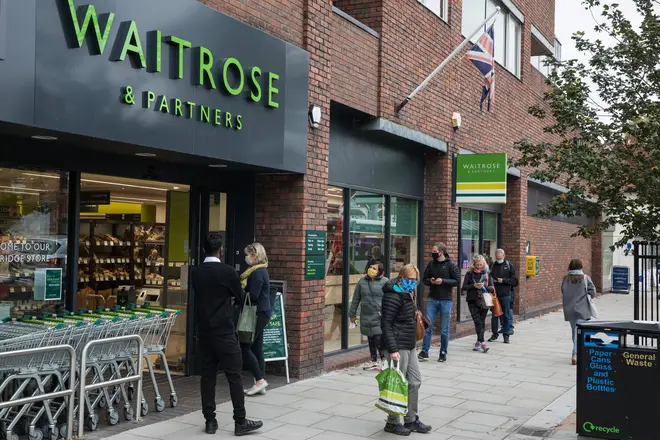
Waitrose and John Lewis also released a statement saying they will also be removing glitter from all single-use products ahead of Christmas.
"All own-brand cards, crackers, wrapping paper, gift bags are now 100% glitter-free," the company said.
Most glitter products are made from plastic, which scientists have warned is a huge problem for animals, particularly marine life.
Dr Trisia Farrelly, an environmental anthropologist at Massey University, previously old the Independent: “I think all glitter should be banned, because it’s microplastic.

Mrs Hinch shares easy fake tan hack
Microplastics are fragments of plastic less than 5 millimetres in length and are dangerous to animals if they accidentally eat them.
A study from last year, published in the journal Geochemical Perspectives, found that microplastics have even reached the deepest point of the ocean in the western Pacific Ocean's Mariana Trench.
Meanwhile, other supermarkets are also trying to do their bit for the environment, with Asda launching its very first sustainable Christmas range.
Sainsbury's has said customers will ‘find no glitter on our Christmas cards, wrapping paper or gift bags', while Tesco is also only selling edible glitter.
